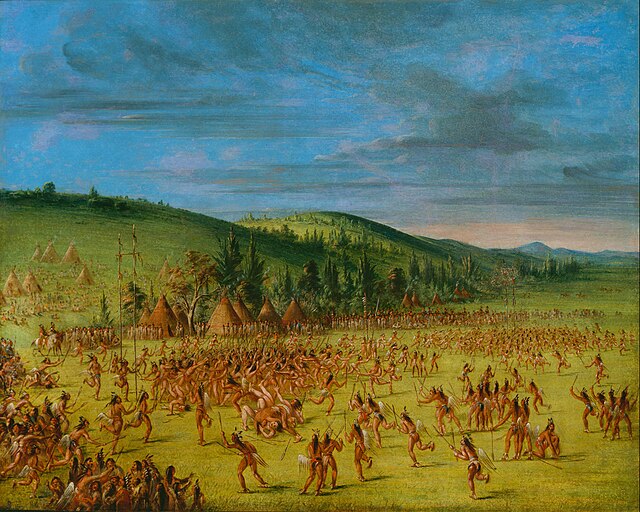The New York Times recently reported that the United Nations Security Council has decided to pass a resolution that calls for an immediate cease-fire in Gaza, with the United States abstaining from the vote.
This is a hopeful sign for those concerned with the consequences of the crisis for civilians.
Since October, thousands of civilians in the territory of Gaza have experienced heavy attacks by Israel, as a response to an Oct. 7 attack at an Israeli music festival at the hands of Hamas.
Multiple media sources report that the death toll of Palestinians is rising and is now over 30,000, which includes men, women, and children.
“It’s the largest open-air prison in the world. Many Palestinians would describe it as that,” said Guilford College student and Palestine supporter Dasia Washington.
“You also have the West Bank, which is a military occupied state. You’ll see Zionists and Israelis call their military the IDF, Israel Defense Forces. Many pro-Palestine advocates will call it the IOF, Israel Occupying Forces. IOF provides a more accurate definition of what they really are.
“But what’s happening right now is the really rapid and intense increase in violence towards Palestinians since October 7th,” Washington said.
On that date, the Palestinian militia Hamas attacked an Israeli music festival. Many international media sources have reported that over 1,200 people were killed, and 240 taken as hostages on Oct. 7.
During Ramadan, the ninth month of the Islamic year, Muslims around the world partake in the typical traditions that come with the holy month.
Palestinian native and Guilford College student Nala Foqahaa said “it’s also a spiritual strengthening month where you get closer to God, and you work a lot on your faith, you focus a lot on being generous.
“It’s very very healthy for you, it’s a good way to work on your patience and your endurance.”
Fasting is a very important part of Ramadan, where those who partake are unable to eat anything from sunrise to sunset.
“Ramadan is something many people celebrate. Many Christians will do things like help their fellow Muslims fast or they might refrain from eating around their Muslim friends,” Foqahaa said.
When asked how the situation in Gaza has affected how Palestinians are celebrating Ramadan, she said, “It’s definitely really made Palestinians appreciate Ramadan more than they used to.
“When half of the country has been living in starvation for years, you really have to think twice about the things you appreciate. You have to think about what the person that lives 45 minutes away from you is feeling.”













